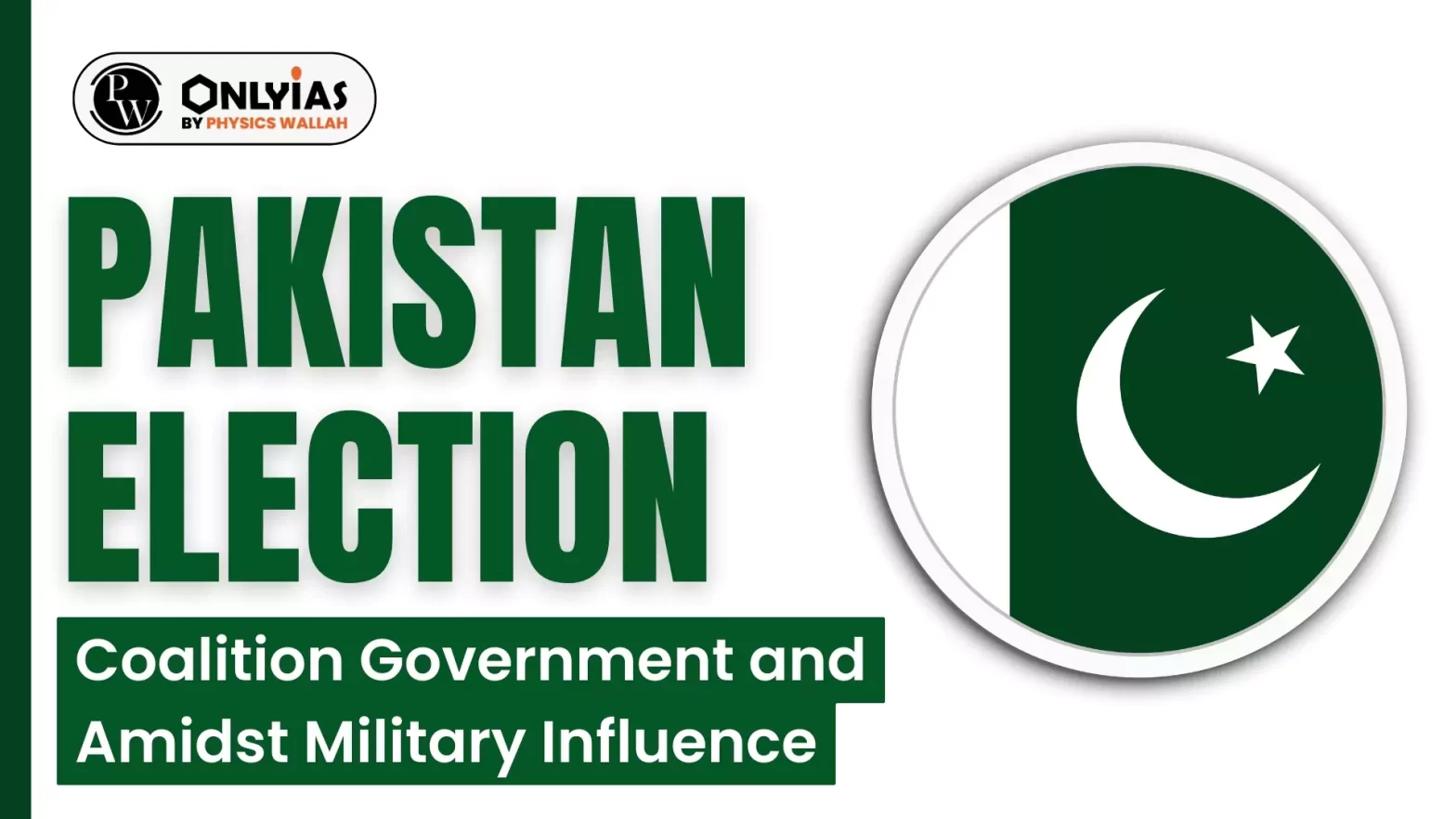![]() 12 Feb 2024
12 Feb 2024

This editorial is based on the news “Pakistan parties intensify efforts to form coalition government after split verdict in February 8 elections” which was published in the Hindu. Pakistan parties intensified efforts to form a coalition government after split verdict in recent Prime Ministerial Elections. This article highlights that the current situation is strategic for the Pakistan military.
| Relevancy for Mains: Impact of Pakistan’s Prime Minister Elections on India. |
|---|
To achieve stability and peace in the nation, an elected government with full mandate is desirable. Any coalition led government is unstable and in Pakistan’s current scenario, it would be difficult to work for a coalition government freed from the dominant influence of the military.
| Must Read | |
| NCERT Notes For UPSC | UPSC Daily Current Affairs |
| UPSC Blogs | UPSC Daily Editorials |
| Daily Current Affairs Quiz | Daily Main Answer Writing |
| UPSC Mains Previous Year Papers | UPSC Test Series 2024 |

<div class="new-fform">
</div>